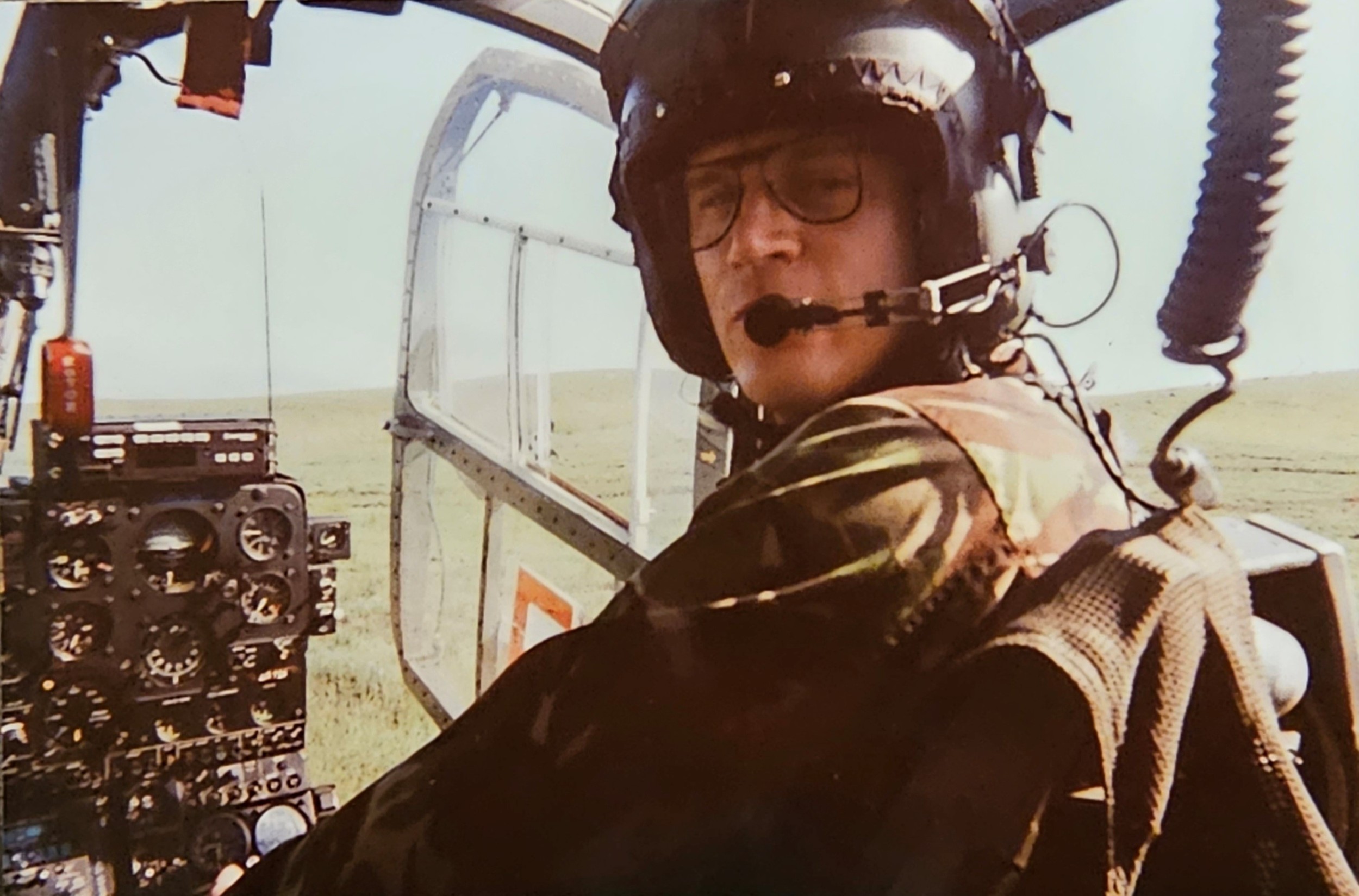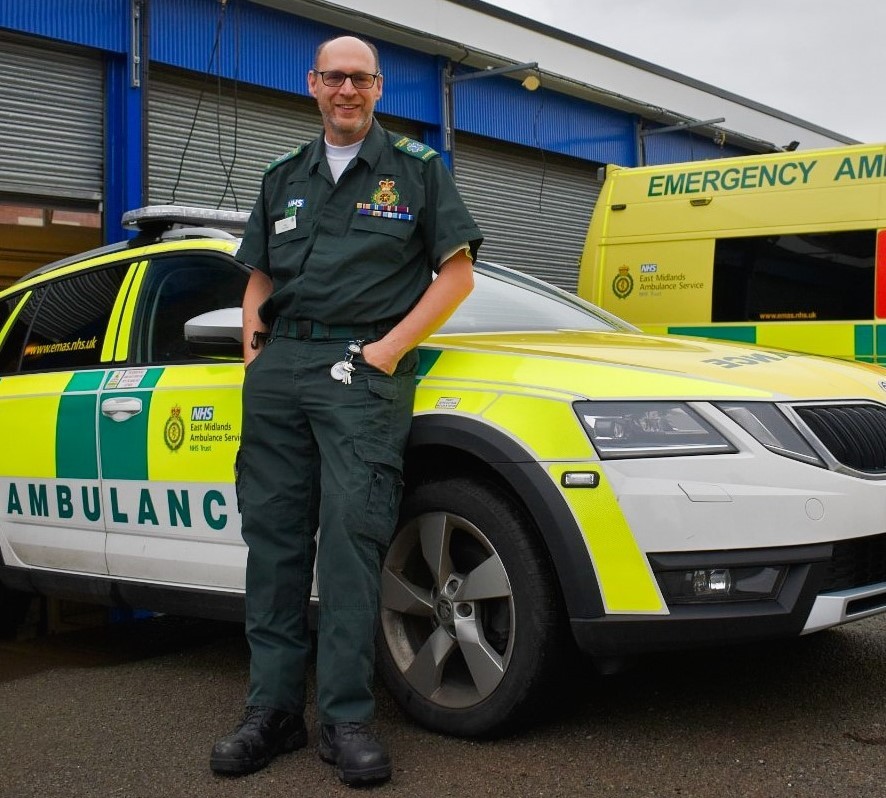Colin Maddams, EMAS Duty Commander and Army Air Corps Veteran, has shared his story about his civilian resettlement with Civvy Street Magazine.
Colin joined the Army Air Corps in 1987, aged 17. He spent nine years flying Gazelle helicopters until retiring as a Sergeant after 18 years of Service. Searching for a job that matched the excitement of aviation, Colin joined EMAS in 2006.
 Air Corps career
Air Corps career
“I had no qualifications when I joined the Army Air Corps. I loved aviation and knew I wanted to be a pilot. True to form, my career took me to places I never thought I’d see. But I missed out on a lot back home – important relationships broke down and loved ones passed on – and I began to reevaluate my life.
I was diagnosed with post-traumatic stress disorder (PTSD) towards the end of my Service. Around the same time, I also found out that my dad was dying of cancer. Sat on a rooftop in Iraq one night, I decided it was time to call it a day and head home.”
Resettlement
“My first civilian job was a flight dispatch officer at an airport. I thought it would be enough to keep the connection to aviation, but the job didn’t do it for me. I missed the camaraderie and excitement of life on the frontline. I had lots of transferable skills from my time in the military and I felt I needed to be part of a team that helped people.
The ambulance service tied it all together for me.”
 Back on the frontline
Back on the frontline
“I joined EMAS as an Ambulance Technician. It was daunting starting again at 36 years old, but I knew I had the skills to adapt. I was in my element on the frontline, responding to medical emergencies and helping people in their time of need. After two years as a Technician, I earned the opportunity to train to be a Paramedic.
I’m trained as a Special Operations Response Team (SORT) Paramedic, meaning I could be assigned to treat patients at scenes where there are chemicals, firearms, explosives, and other hazards. I’m trained and ready to respond to future events, including the possibility of terrorism. Trust and teamwork are key to staying safe while also delivering life-saving care.
I progressed to Duty Commander in 2024 and I continue to respond to high-profile or dangerous incidents around the county, supporting and ensuring the safety of colleagues on scene. Our ambulance crews do incredible things every day and we need to look after them so they can deliver quality patient care.
I know now that I can’t change the world. But my job at EMAS means I can make it better every day for our patients and crews.”
Read Colin's article in Civvy Street Magazine (February/March 2025; p. 13)
Join Team EMAS
EMAS is a Veteran Aware organisation and accredited with a Gold Award in the Ministry of Defence Employer Recognition Scheme.
We offer a guaranteed interview scheme to applicants with a military service history who:
- meet the criteria outlined in the job specification
- and are successful at the initial screening stage.